Search
Summary 
Loading AI-generated summary based on World History Encyclopedia articles ...
Search Results
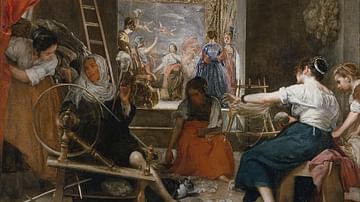
Image
The Spinners or The Fable of Arachne By Velázquez
The work represents the moment in which the weaver Arachne was turned into a spider by the goddess Athena, and is one of the best-known mythological works by the Sevillian painter Diego Velázquez. Completed in 1648.
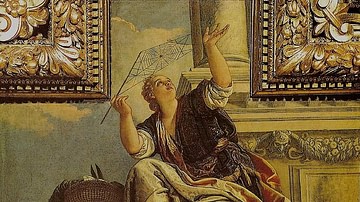
Definition
Arachne
Arachne, from the Greek arákhnē (meaning spider), is a figure in Greek mythology whose talent for weaving was renowned and who famously challenged the goddess Minerva to a weaving competition. As told in Ovid’s (43 BCE-17 CE) Metamorphoses...

Definition
Medieval Literature
Medieval literature is defined broadly as any work written in Latin or the vernacular between c. 476-1500, including philosophy, religious treatises, legal texts, as well as works of the imagination. More narrowly, however, the term applies...

Definition
Marie de France
Marie de France (wrote c. 1160-1215 CE) was a multilingual poet and translator, the first female poet of France, and a highly influential literary voice of 12th-century CE Europe. She is credited with establishing the literary genre of chivalric...
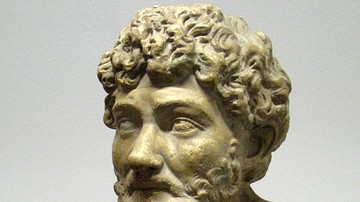
Article
Aesop's Fables
Written by a former Greek slave, in the late to mid-6th century BCE, Aesop's Fables are the world's best known collection of morality tales. The fables, numbering 725, were originally told from person-to-person as much for entertainment purposes...
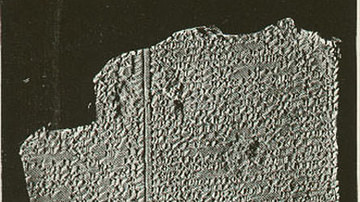
Definition
Literature
Literature (from the Latin Littera meaning 'letters' and referring to an acquaintance with the written word) is the written work of a specific culture, sub-culture, religion, philosophy or the study of such written work which may appear in...
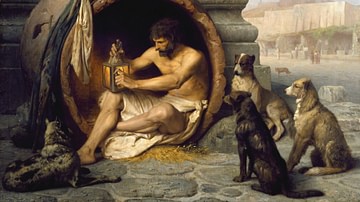
Definition
Diogenes of Sinope
Diogenes of Sinope (l. c. 404-323 BCE) was a Greek Cynic philosopher best known for holding a lantern (or candle) to the faces of the citizens of Athens claiming he was searching for an honest man. He rejected the concept of "manners" as...
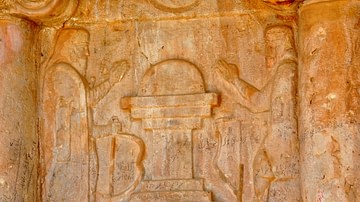
Article
Ancient Persian Gods, Heroes, and Creatures - The Complete List
The term 'mythology' comes from the Greek mythos (story-of-the-people) and logos (word or speech), meaning the spoken story of a people. Every civilization of the ancient world developed a belief system, which is characterized as 'mythology'...
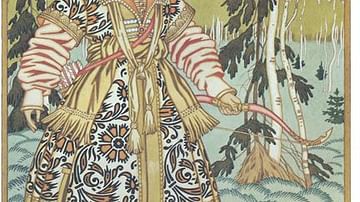
Article
The Frog Princess
The Frog Princess is a Slavic folktale focusing on the importance of recognizing someone’s inner beauty, regardless of their outward appearance, as well as the possibility of redemption after failure. The tale has many variants and appears...

Video
An Introduction to Aesop's Fables
A fable is a short story that usually includes animals that act like people as the main characters and conveys a moral or a lesson to be learnt. Aesop’s Fables (which come to a total of 725, although modern editions often only include between...